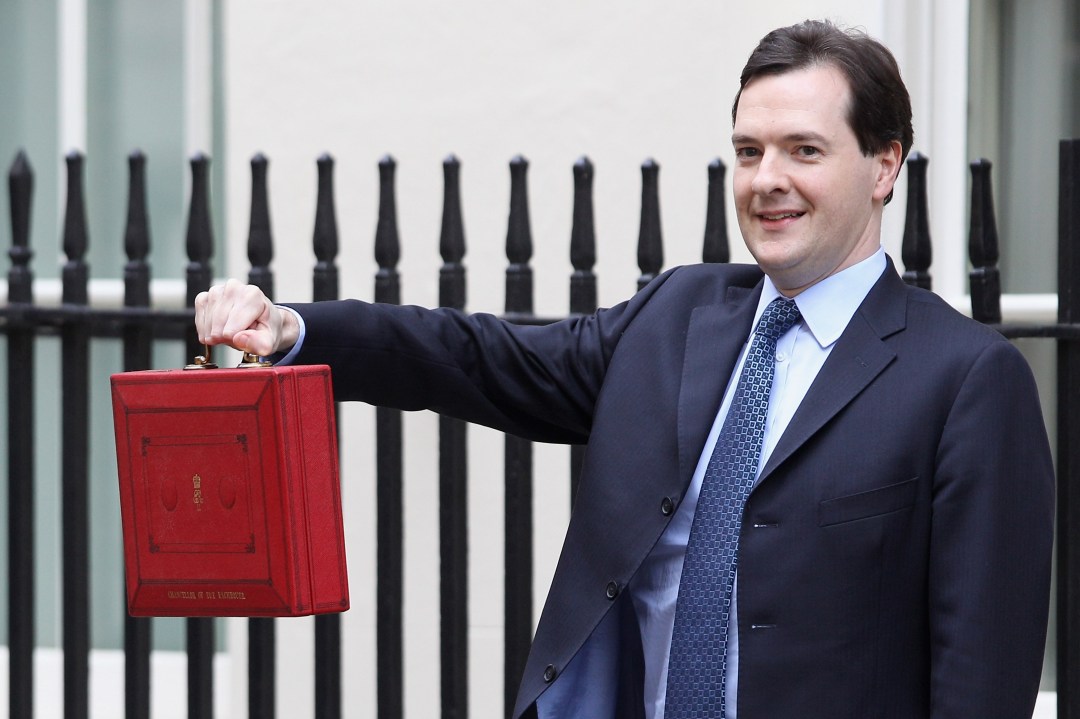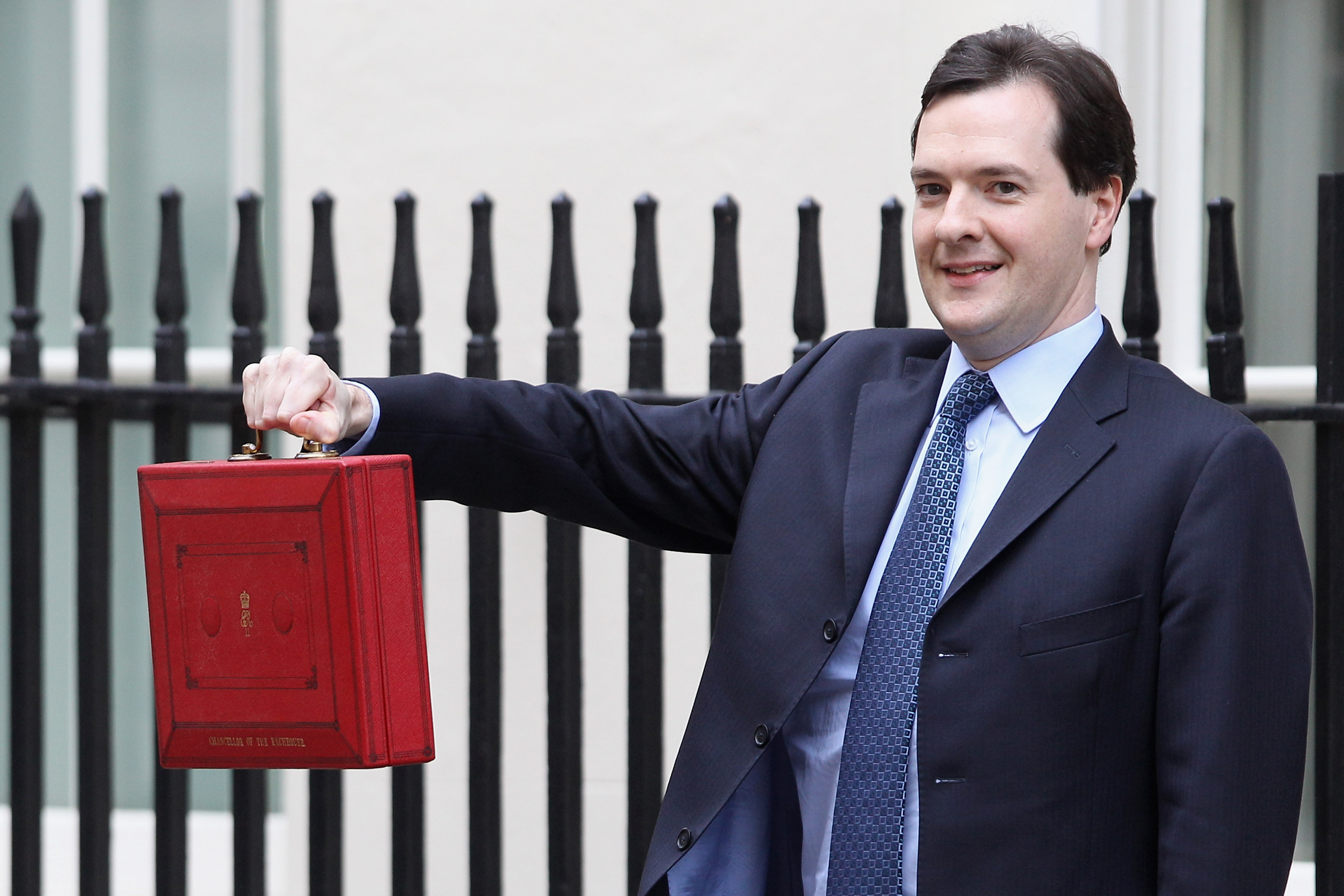Writing here on Tuesday, I made two accusations regarding the government’s deficit reduction plan. First, I said that cuts so far had been minimal. Second, I argued that higher taxation, rather than cuts in spending, was being used to reduce the deficit. On this basis, I said, government and opposition alike are being mendacious when they speak of ‘savage cuts’ in public spending.
In reply, Matthew Hancock said that I was using the wrong periods for comparison. The government, which took office in May 2010, could not be held responsible for spending in 2010-11, so it was misleading for me to use Labour’s last year in office (2009-10) as my base year. In any case, Mr Hancock added, we need to look at the whole of the plan, which runs from 2011-12 to 2016-17.
To a certain extent, Mr Hancock misses my point, which was that real cuts in spending so far range between minimal and non-existent.
Even on his preferred start-year, spending has been cut by only 1.5 per cent so far. I stand by my observation that those who speak of ‘savage cuts’ as a reality — and those who blame the economic downturn on these cuts — are ignoring the factual evidence.
Mr Hancock may be right to say that we should look at the plan in its entirety, but this answers a different point, because it assesses intentions, whereas I was examining facts-to-date. He is right that further real cuts in spending are planned. Indeed, modest cuts so far appear to represent less than a quarter of planned spending reductions. But the public debate about austerity assumes that cuts have happened already. My point, very simply, is that they haven’t.
I hope the government does deliver on the plan, but I would caution that this plan presupposes continuity into the next Parliament. If the plan is implemented, it will amount to a real-terms reduction of no more than 6 per cent. Even if accomplished, this is hardly ‘savage’. May I remind readers that Gordon Brown increased public spending by more than 50 per cent, in real terms, between 1999-2000 and 2009-10?
My other point concerns taxation. The OBR (and others) place considerable reliance on a revival in consumer spending to drive a recovery. For working people, wage increases (of about 2 per cent) are lagging inflation (about 3.5 per cent), the cost of essentials is rising rapidly, and consumers are heavily indebted. Since taking office, the government has presided over a £30 billion increase in taxation.
Though I commend the government’s objective of reducing the deficit, I believe that too much of the burden is being placed on the taxpayer, and not enough has been — or is being — done to curb state spending.
Dr Tim Morgan is Global Head of Research at Tullett Prebon.







Comments